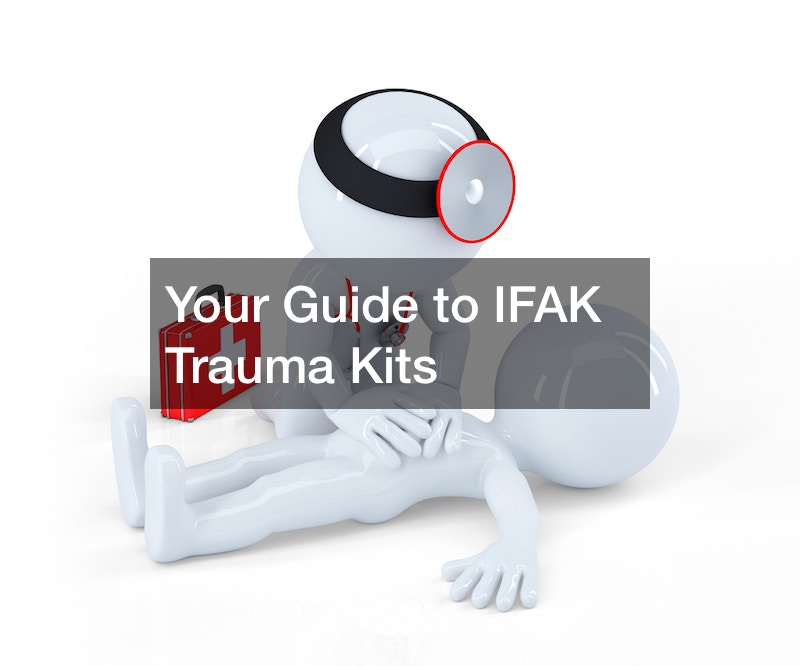In the world of trailers, aluminium options are gaining popularity due to their lightweight and corrosion-resistant nature. However, when navigating through an aluminium trailer sale, there are several important factors and questions to consider to ensure you get the best value for your investment.
How to Determine the Quality of an Aluminium Trailer?
The core of an excellent aluminium trailer lies in the quality of materials used. Aluminium is favoured for its durability and resistance to rust, but it’s crucial to know that not all aluminium is created equal. 6061-T6 and 6063 are common grades used, each offering a balance of strength and workability worth understanding for informed purchasing.
Beyond material specifications, evaluating the build quality is essential. A robust construction reflects in the seamless integration of various components and meticulous craftsmanship. Look for trailers with reinforced structures, as these are designed to withstand rigorous use over time, providing safety and performance benefits.
Another aspect of build quality is the design integrity of the trailer. Strong yet lightweight, well-constructed frames contribute to increased trailer longevity. Assess whether the design accommodates weight distribution evenly to prevent undue strain on specific areas, extending the life of your purchase.
Weld and joint inspections are vital in assessing trailer durability. Well-executed welds signify strength and reliability, as these connections bear significant stress. Poor welding can lead to structural failures, making this inspection step critical to your buying process.
Examine welds for uniformity and any signs of fatigue or rust that could hint at underlying issues. Aesthetically pleasing, even weld beads are generally a good indication of a quality build. While inspecting, check for any rough edges or crevices where moisture could accumulate and cause corrosion over time.
What Size and Features Should Suit Your Needs?
Choosing the right size of an aluminium trailer depends heavily on your specific needs. Trailers come in various lengths, widths, and heights to accommodate different cargo types, from light personal use to heavy industrial applications. Understanding these dimensions helps tailor your choice to your transportation requirements.
Consider what you plan to transport, as this will determine size necessities. Larger trailers offer more space but can be more challenging to maneuver and store, while smaller trailers offer easier handling and potentially lower costs. Balance your use case with these attributes to pinpoint the size offering optimal utility and convenience.
Also, think about future needs and the potential to transport varying loads. A slight surplus in size can offer adaptability, accommodating unforeseen cargo dimensions. However, ensure that towing capacity and vehicle compatibility remain feasible alongside trailer size selection to avoid future complications.
Delving into the features of aluminium trailers reveals areas where innovation enhances functionality. For instance, integrated lighting systems offer visibility and safety, especially during night travels or adverse weather conditions. The inclusion of LED lighting is gaining preference due to its longevity and energy efficiency.
Ramps, another key feature, provide accessibility and ease of loading and unloading cargo. Assess whether the ramp design aligns with your typical usage and whether it includes safety mechanisms for secure handling. Additionally, trailers with built-in braking systems enhance vehicle control and safety during transit.
What Are the Long-term Costs and Maintenance?
Going to an aluminum trailer sale involves assessing both initial expenses and long-term financial commitments. Initially, aluminium trailers might seem pricier compared to steel due to material costs. However, their long-term savings on maintenance and fuel efficiency often outweigh the upfront investment.
The advantage of corrosion resistance contributes to reducing repair expenses over time. Additionally, the lightweight nature of aluminium trailers can enhance vehicle fuel economy, resulting in consistent cost savings during travel. Calculating these savings helps in evaluating total cost of ownership accurately.
Consider future resale value as part of the long-term financial plan. An aluminium trailer typically retains greater value over time due to its durability and market demand. Balancing immediate expenses with these potential financial benefits clarifies the trailer’s worth over its lifecycle.
Proactive maintenance is key to ensuring your aluminium trailer remains in optimal condition for years. Regular inspections to identify wear, corrosion, or mechanical issues help prevent larger problems from developing. Prioritize routine check-ups of pivotal areas like tires, lights, and suspension systems.
Cleaning the trailer after use, especially from debris or salt exposure, will minimise corrosive damage. Employ non-abrasive cleaners specifically designed for aluminium to maintain surface integrity. Lubricating moving parts regularly reduces friction and prevents structural wear.



